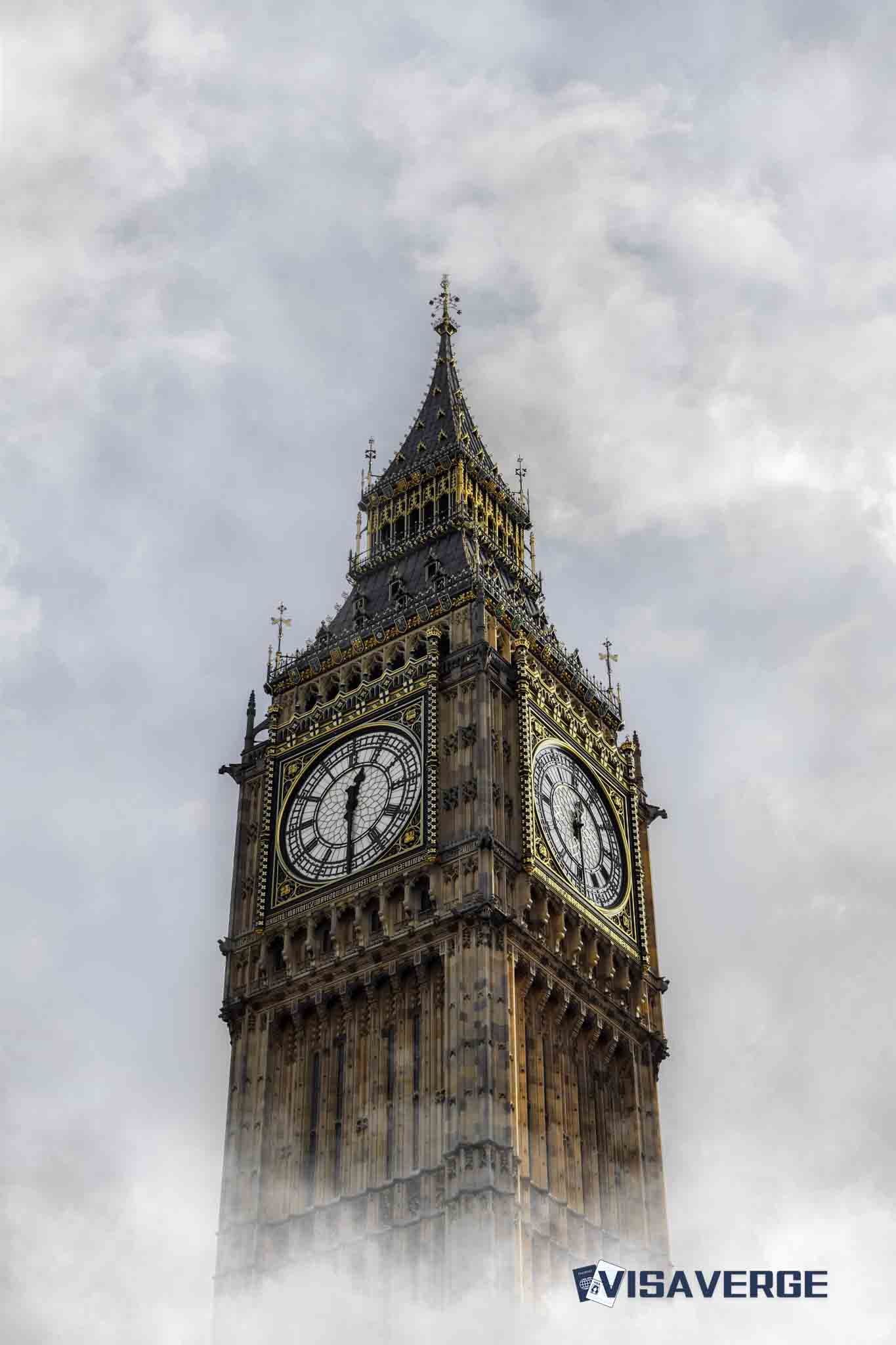(EPPING, ESSEX) A fast-moving legal fight over the use of the Bell Hotel to house asylum seekers reached the High Court on Friday as Epping Forest District Council pressed for an interim order to stop the accommodation scheme amid weeks of unrest. The council’s bid for a High Court injunction was listed on August 15, 2025, before Mr Justice Eyre at the Royal Courts of Justice in London. Council leaders argue the hotel’s current use breaches planning rules and say it cannot continue without proper consent.
At the heart of the case is whether accommodating asylum seekers is legally the same as normal hotel business. The council says it is not, and that the shift to asylum accommodation requires planning permission that has not been obtained. The council seeks a declaration that this use is unlawful under existing permissions and an order halting it. If the court grants the injunction, it could force the Home Office to stop using the site within 14 days of the ruling.

Cllr Chris Whitbread, leader of the council, said the situation “cannot go on,” accusing the Home Office of pushing ahead despite rising local concern and risks to public safety. The council has unanimously called for the Bell Hotel to be closed to asylum accommodation and for central government to find alternatives. The application follows months of correspondence and warnings from local officials that the arrangement falls outside planning control.
Background and key facts
- The Bell Hotel was selected in February 2025 by Australian travel firm CTM, acting on behalf of the Home Office, according to council filings.
- Local planning officers say they were not consulted before the decision — a central point in the council’s legal challenge.
- The lack of engagement has deepened mistrust among councillors and residents and fuelled anger in a community already on edge.
Legal issue and potential wider impact
The core legal question is narrowly framed but could have wide consequences. The council argues that an extended, state-run accommodation programme changes the site’s character and therefore requires planning approval.
- If the court agrees with the council’s reading of planning law, the judgment could shape how hotels and temporary sites are used for asylum housing across England.
- The council stresses this is not a dispute about the right to seek asylum, but about lawful land use and community safety.
“This is about lawful land use and protecting the community,” the council says, not disputing asylum rights.
Unrest and public safety concerns
Protests outside the Bell Hotel have flared since mid-July, with several nights turning violent. Essex Police report:
- Multiple officers have been assaulted while policing protests.
- Demonstrators have thrown missiles and caused property damage during several incidents since mid-July.
- The mood further worsened after criminal charges against two asylum seekers:
- An asylum seeker was charged with sexually assaulting a 14-year-old girl in July.
- A second asylum seeker was charged with sexual assault and other offences in early August.
The hotel’s location — close to five schools and a residential care home — has amplified anxieties among parents and carers.
Political response and council demands
Local and national figures have weighed in:
- Conservative MP Kemi Badenoch, a former minister, has publicly backed calls to end the hotel’s use for asylum accommodation.
- The council says it repeatedly urged the Home Office to withdraw from the site and to work with local authorities on safer, lawful alternatives.
Officials argue that the combination of unmanaged protests, rising hostility, and alleged planning breaches presents an unacceptable risk to the community.
National context and policy implications
The case reflects broader tensions in national asylum policy:
- The government’s reliance on hotels and non-permanent sites to meet rising demand has been controversial, especially where councils say they were sidelined.
- The Home Office’s use of private contractors (including CTM) to source and manage sites has raised questions about oversight and compliance with local rules.
- The controversy recalls earlier debates, such as the Bibby Stockholm barge case, which also involved CTM and provoked scrutiny over standards, consultation, and safety.
According to analysis by VisaVerge.com, the Epping controversy sits within an ongoing national debate over short-term asylum housing and the limits of local planning control. While each site’s facts differ, the legal outcome in Epping will be closely watched by councils and community groups across England.
Practical consequences of the court’s decision
Whatever the ruling, immediate practical consequences are likely:
- If an injunction is granted:
- The Home Office could be required to stop using the hotel within 14 days.
- Authorities would need to identify alternative accommodation quickly, move current residents, and arrange transport, schooling, and basic services.
- If the injunction is refused:
- The council may pursue a full trial on the planning merits.
- Protests and policing needs could continue, and either side may appeal, extending the dispute for weeks or months.
Current positions and next steps
- The Home Office has not publicly reversed its use of the hotel and faces criticism for limited engagement with local leaders.
- Essex Police continue to manage unrest and warn about the strain on resources.
- The council’s immediate goals are to restore calm and ensure any asylum accommodation in the district complies with planning rules and is sited where it does not heighten risks.
For readers seeking official guidance on asylum accommodation and support, the government sets out what people can expect — including housing and subsistence — on GOV.UK: https://www.gov.uk/asylum-support/what-youll-get.
Why this matters
The High Court’s decision will determine the next steps for the Bell Hotel and could reset the relationship between central government, contractors, and councils on asylum housing. In Epping, the stakes are immediate: a hotel near schools and a care home, a community under strain, and a local authority alleging a clear breach of planning control. Nationally, the case tests how far the state can place asylum seekers in hotels without local sign-off — and how quickly it must change course when a court intervenes.
This Article in a Nutshell
A High Court hearing on 15 August 2025 may decide if Bell Hotel’s use for asylum seekers broke planning rules, potentially forcing the Home Office to withdraw within fourteen days and reshaping how hotels supply temporary asylum accommodation across England amid local unrest.













